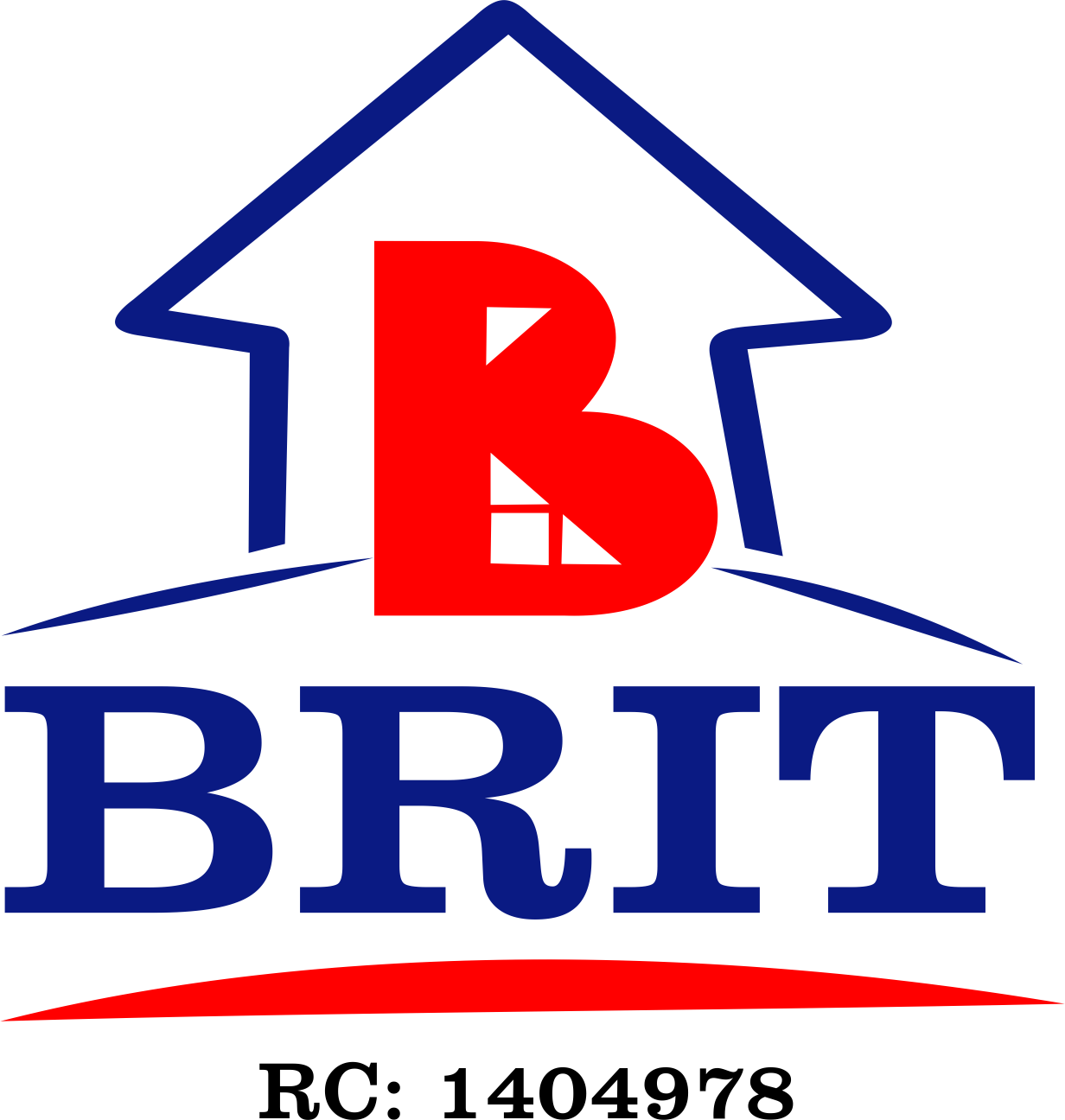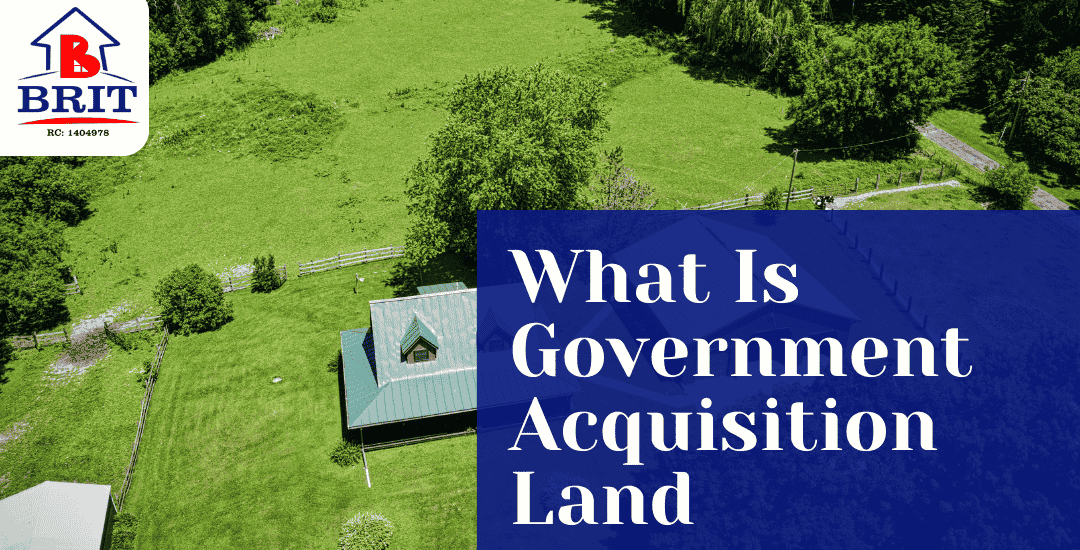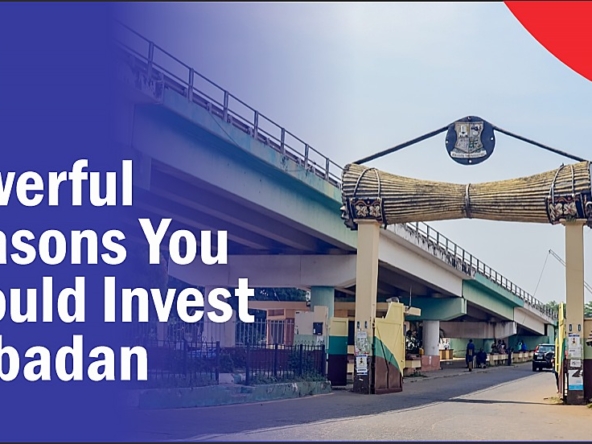INTRODUCTION: What Is Government Acquisition Land?
Buying land in Lagos is exciting. One moment you’re standing in Epe or Ibeju-Lekki, imagining skyscrapers where there are now bushes; the next, you’re calculating how much that little plot could be worth in ten years. But then comes the phrase many people whisper with caution: government acquisition land.
It sounds scary, but here’s the truth: it’s not always bad. In fact, sometimes, it’s the hidden door to affordable opportunities. The key is knowing what it really means.
What Is Government Acquisition Land?
Simply put, government acquisition land is land the government has reserved for its own use under the Land Use Act of 1978. That might be for roads, bridges, schools, airports, or future housing schemes.
Now here’s the twist: not all government acquisition land is the same. There are two broad types, and understanding them makes a significant difference.
The Two Faces of Government Acquisition Land
-
Committed Acquisition Land
This is land the government already has concrete plans for, maybe a road expansion like the coastal road or a housing estate. The downside? If you buy here, it’s only a matter of time before the government reclaims it. But the advantage? For developers who manage to secure official allocation in such projects, it can open doors to partnering with the government on prime locations. -
Global Acquisition Land
This is land the government has marked in a general sense, but hasn’t yet used. Here lies the opportunity. Some of these lands can later be allocated and released back for private ownership. When that happens, the value often skyrockets, especially in high-growth corridors like Epe and Ibeju-Lekki.
So, when people ask, What is government acquisition land? The answer isn’t a straight no. Sometimes, it’s a calculated yes.
Why Investors Still Explore Government Acquisition Land
Let’s be honest, one major attraction is price. Acquisition lands usually sell far cheaper than fully documented ones. That lower entry point can make them appealing for investors who want to “enter the market” early.
Another reason is location. The government doesn’t acquire land in just any bush. They focus on strategic areas and these are the same areas where future development will boom. That’s why, for some investors, the risk is worth it.
But, just as with roadside boli and groundnut, the taste is sweet only if you buy from the right seller. So, buying the Government acquisition land is only profitable with the right real estate partner.
The Flip Side
Of course, it’s not all rosy. What is government acquisition land without its risks?
-
If it’s a committed acquisition, you could lose everything.
-
Even with a global acquisition, you may need patience and extra money to process allocation or regularisation.
-
Documentation is key, and many people skip this step.
So yes, the opportunities are real, but so are the cons. It’s like buying second-hand tokunbo cars; you might land a gem, but without checks, you might also get trouble.
Your Next Move
So, what is government acquisition land? It’s not a simple yes or no. It’s a spectrum risk on one side, rewarding on the other.
Handled wisely, especially in hotspots like Epe, Ibeju-Lekki, and Ajah, it can become a golden opportunity. But handled carelessly, it can wipe out years of savings.
That’s why we’re here. Contact us now, let’s walk this journey with you. Together, we’ll find the lands that appreciate without the regrets.





